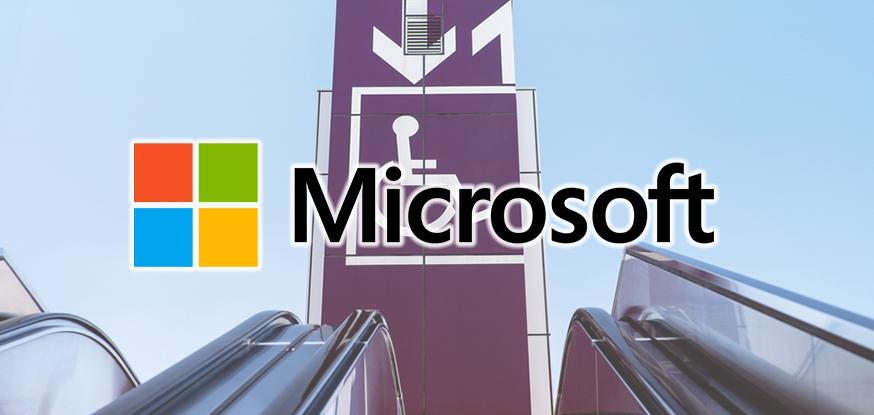Microsoft launched its 'Smart Cities for All Toolkit at the NYC event - and disclosed that the toolkit was developed by G3ict and World Enabled as part of its overall commitment to the Smart Cities for All Initiative. The innovative toolkit will provide a strategic guide in how city leaders and urban planners can help design cities that will benefit all citizens, including the 1.2 billion people all over the world that have disabilities.
Microsoft revealed that the toolkit is the first step towards what will be a lengthy road in helping cities become more inclusive. Its primary aim is to address priority challenges and help eliminate the top barriers for disabled individuals in smart cities. Director of cities solutions worldwide public sector for Microsoft, Kathryn Wilson said, "The toolkit is meant to be guidance for city leaders to think about how to make the business of becoming a smart city accessible to everyone. They don't know where to start."
The US technology multinational leaders outlined that the components of the toolkit include procurement guidance, such as the evaluation processes that are required before it moves onto addressing traffic or reducing crime.
The partnerships with G3ict and World Enabled began about 6-9 months ago, and the intent is to teach cities what to do to remove barriers for everyone-not just people with disabilities, but language barriers, too. "How do we make sure that cities are thriving for all of us?" Wilson said.
Smart city technology gives cities the opportunity to make the digital divide for people with disabilities smaller, but there's a risk that it will inadvertently make the divide bigger, by not using the right technology. That's why G3ict and World Enabled partnered with Microsoft to develop the toolkit, said James Thurston, vice president of G3ict.


















